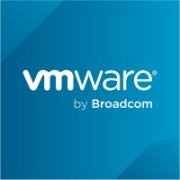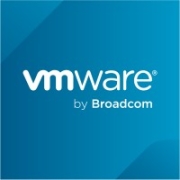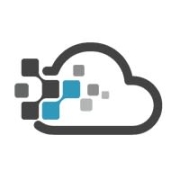Hybrid Cloud Computing Platforms enable organizations to seamlessly integrate private and public cloud services, offering flexible and scalable solutions that enhance operational efficiency and agility.
Hybrid Cloud Computing Platforms allow businesses to deploy computing resources across multiple environments. These platforms offer the flexibility to manage workloads strategically by assigning them to the most suitable location, whether on-premises or in the cloud, which can substantially reduce infrastructure costs. An emphasis on interoperability ensures seamless integration with existing IT infrastructure, enhancing collaboration across departments and improving data management processes.
What are the critical features to consider?In sectors like healthcare, Hybrid Cloud Computing Platforms are used to securely handle patient data, providing fast access to critical information while ensuring compliance. Financial institutions implement these platforms to process transactions in real-time across multiple locations, enhancing customer service and reducing downtime.
Hybrid Cloud Computing Platforms are valuable for businesses as they optimize resource utilization, improve IT infrastructure efficiency, and provide the flexibility needed in a rapidly changing digital landscape.
| Product | Market Share (%) |
|---|---|
| Azure Stack | 22.0% |
| VMware Cloud Foundation | 18.9% |
| AWS Outposts | 14.0% |
| Other | 45.1% |






























Hybrid Cloud Computing Platforms offer unmatched flexibility, allowing you to scale resources up or down based on demand. With the hybrid model, you can leverage the public cloud for additional capacity while keeping critical workloads on a private cloud. This ensures you have the necessary resources at your fingertips without incurring unnecessary costs. It is ideal for businesses experiencing unpredictable traffic spikes or seasonal variations.
What are the security benefits of Hybrid Cloud Computing Platforms?Hybrid Cloud Computing Platforms provide enhanced security by allowing you to keep sensitive data on-premises while utilizing the public cloud for less critical workloads. This dual approach offers better control over data security, compliance, and privacy needs. You can implement robust encryption and access controls, ensuring that critical data remains safe and conforms to regulatory standards.
Why are Hybrid Cloud Computing Platforms cost-effective?Hybrid Cloud Computing Platforms reduce capital expenditures on hardware and maintenance by leveraging the public cloud. You can pay on a usage basis for the public cloud services, avoiding substantial upfront investments. Additionally, optimizing workloads between private and public clouds ensures you only pay for what you actually use, making it a cost-effective solution for businesses.
How do Hybrid Cloud Computing Platforms support disaster recovery?Hybrid Cloud Computing Platforms enhance disaster recovery by providing a reliable backup and recovery strategy. Critical data can be stored safely in the cloud, ensuring quick retrieval in case of a failure or data loss. This minimizes downtime and ensures business continuity, as your data is replicated across multiple locations, reducing the risk of total data loss.
What role do Hybrid Cloud Computing Platforms play in digital transformation?Hybrid Cloud Computing Platforms are central to digital transformation efforts, enabling businesses to innovate and deploy new technologies more rapidly. By integrating cloud services and traditional IT, you can enhance operational efficiency and agility. The hybrid model supports new business models, such as IoT and AI applications, by providing scalable resources and advanced computing power.